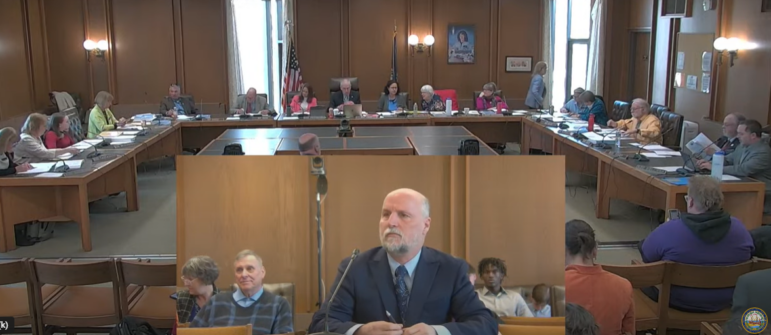The government had planned to share data with researchers on patients enrolled in Medicare Advantage health plans. Then, suddenly, it didn’t.
In the past few years, many seniors and disabled people have eschewed traditional Medicare coverage to enroll in privately run health plans paid for by Medicare, which often come with lower out-of-pocket costs and some enhanced benefits.
 These so-called Medicare Advantage plans now enroll more than a third of the 58 million beneficiaries in the Medicare program, a share that grows by the month.
These so-called Medicare Advantage plans now enroll more than a third of the 58 million beneficiaries in the Medicare program, a share that grows by the month.
But little is known about the care delivered to these people, from how many services they get to which doctors treat them to whether taxpayer money is being well-spent or misused.
The government has collected data on patients’ diagnoses and the services they receive since 2012 and began using it last year to help calculate payments to private insurers, which run the Medicare Advantage plans. But it has never made that data public.
Officials at the Centers for Medicare and Medicaid Services have been validating the accuracy of the data and, in recent months, were preparing to release it to researchers. Medicare already shares data on the 38 million patients in the traditional Medicare program, which the government runs. (ProPublica has created a tool called Treatment Tracker that enables people to compare how doctors and others use services in the traditional Medicare program.)
The grand unveiling of the new data was scheduled to take place at the annual research meeting of AcademyHealth, a festival of health wonkery, which just concluded in New Orleans.
But at the last minute, the session was canceled.
The change caught researchers — and even some former Medicare officials — off guard as the data’s release was a highly anticipated expansion of the government’s effort to share information.
In a statement, CMS said there were enough questions about the data’s accuracy that it should not be released for research use. CMS said it will examine the data for 2015 “to determine if it is robust enough to support research use.”
Niall Brennan, until January the chief data officer of the Centers for Medicare and Medicaid Services, worked on the data — known as encounter data — during his time in office. “Hugely disappointing,” he tweeted, with a photo of the sign announcing the session’s cancellation. “Hope CMS not backsliding on #opendata.”




